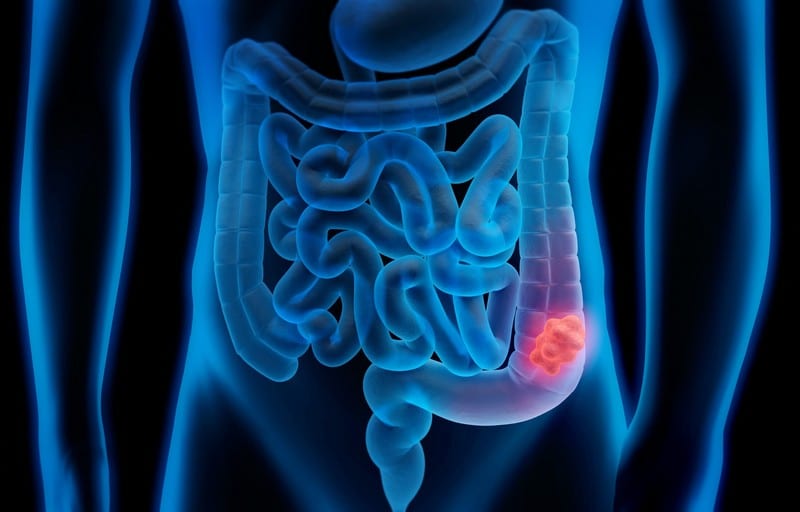Helps Prevent Ulcerative Colitis

Ulcerative colitis is another long-term gastrointestinal disorder characterized by the inflammation of the colon. The first indicator of the condition is often diarrhea, which can begin suddenly or gradually. Usually, the extent and spread of the inflammation will determine its symptoms, the most common being bloody diarrhea, and abdominal pain. It’s also not uncommon for people with ulcerative colitis to experience fatigue, fever, and dehydration.
While the exact triggers of the condition are unclear, research suggests that genetics, the environment, and the immune system are all risk factors that may contribute to the onset of ulcerative colitis. In addition, because of its similarity with other disorders like IBS and Crohn’s disease, doctors may order blood tests, stool tests, x-rays, sigmoidoscopy, colonoscopy, and CT scans to check.
The symptoms of ulcerative colitis can be mild and manageable or severe. However, the condition requires treatment, primarily on managing flares and remission. Probiotics may also help, as they act as barriers that line the bowels to prevent harmful bacteria from reaching your intestinal wall. Small molecules, immunomodulators, and biologics may also be needed if the condition is linked to an immune system problem. If it’s severe, procedures like a colectomy may be necessary.










